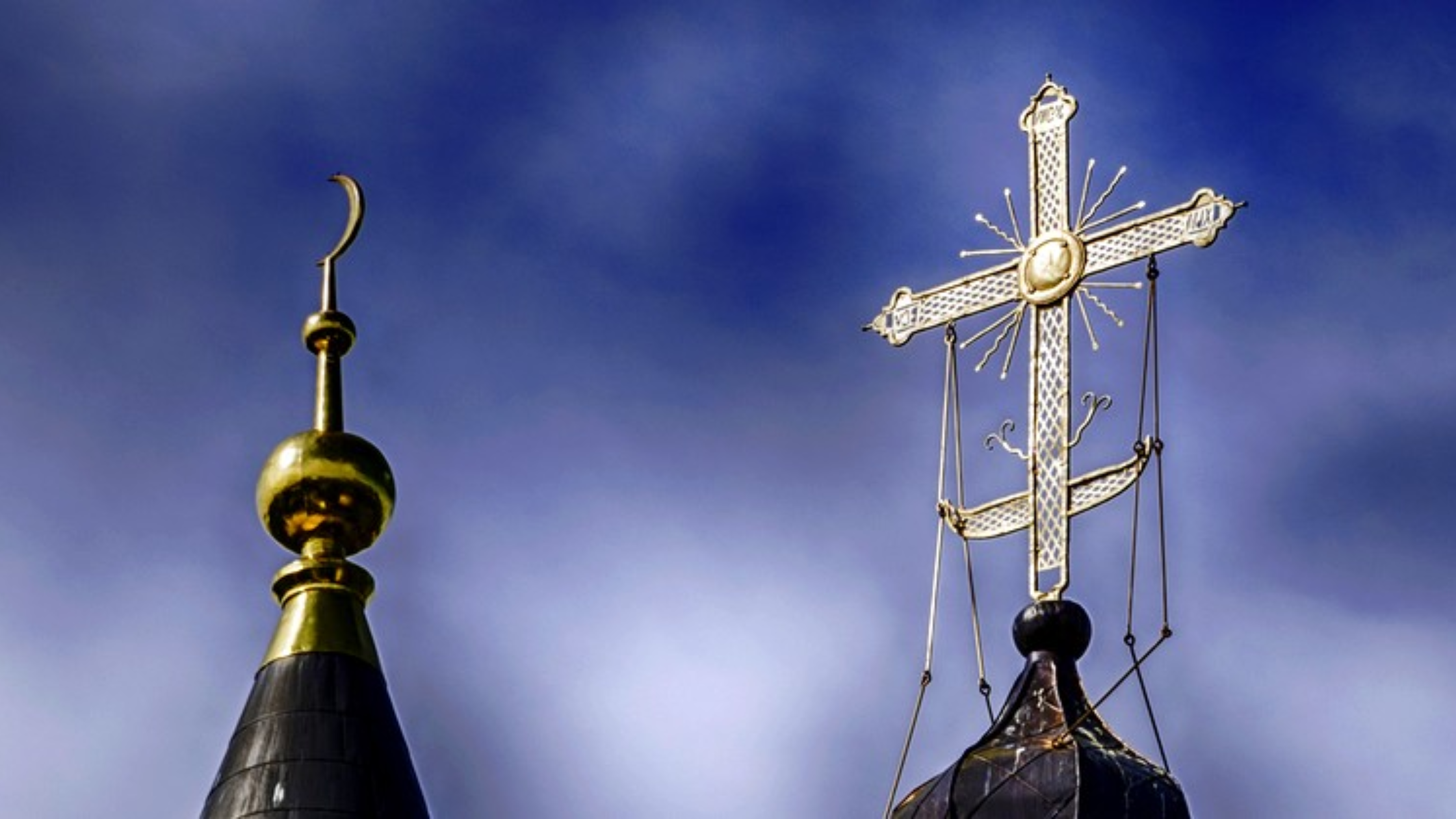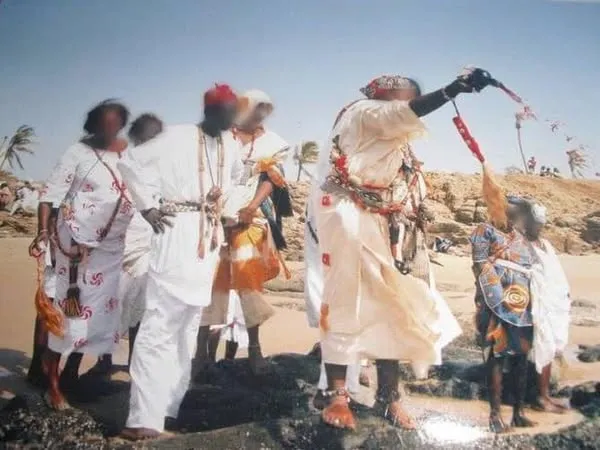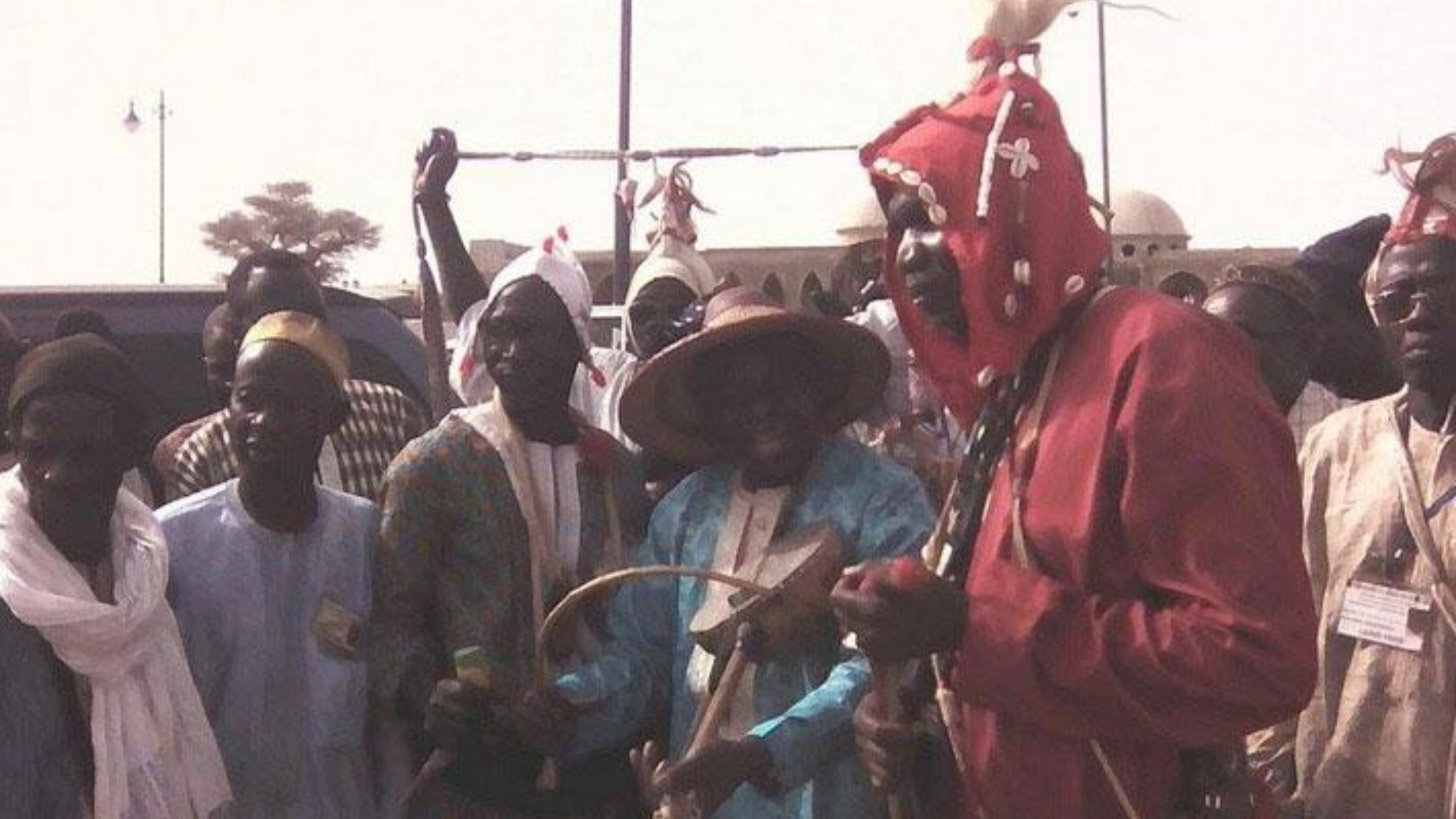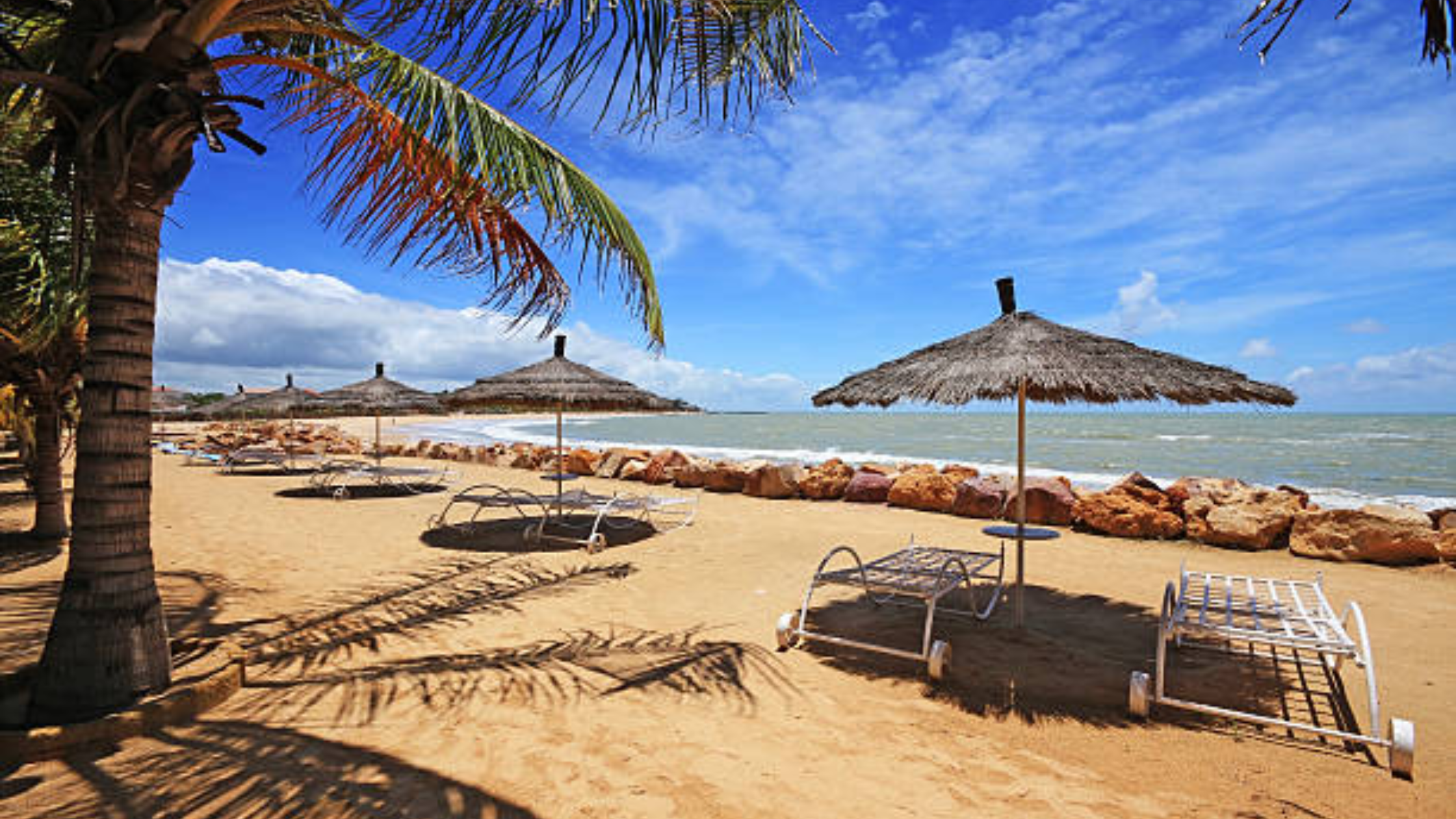Senegal’s journey towards religious harmony began centuries ago, rooted in its diverse historical influences. The introduction of Islam to the region in the 11th century marked the beginning of a profound cultural and spiritual transformation. By the 15th century, when Portuguese explorers brought Christianity, Senegal had already become a mosaic of religious beliefs. This early cohabitation set the stage for a society where different faiths not only coexist but intermingle, shaping the nation’s identity.
Islam and Christianity: A Timeline of Tolerance
Over the centuries, Senegal has witnessed the growth of both Islam and Christianity, each contributing uniquely to the societal fabric. The majority Muslim population, deeply influenced by Sufi traditions, brought a spiritual dimension characterized by mysticism and a focus on inner purification. Sufi brotherhoods like the Tijaniyyah and Muridiyyah became instrumental in promoting values of peace and tolerance. The arrival of Christianity, though later, brought with it new perspectives, enriching Senegal’s cultural diversity. This historical intertwining of faiths created a robust foundation for religious tolerance, integral to Senegal’s identity.
A Legacy of Peaceful Coexistence
The peaceful coexistence of different religions in Senegal is not just a historical accident but a legacy carefully nurtured over time. The synthesis of Islamic and Christian practices has given birth to a unique cultural ethos, where religious boundaries are fluid and mutual respect is a given. This historical journey towards religious harmony serves as a cornerstone for understanding Senegal’s contemporary society, where tolerance is not just practiced but celebrated.
The Role of Islam and Christianity in Senegalese Society
The Sufi Influence in Islam
In Senegal, Islam is predominantly of the Sufi tradition, known for its mystical approach to faith. The Sufi brotherhoods, notably Tijaniyyah and Muridiyyah, are not just religious entities but vital social structures. They advocate for peace, tolerance, and understanding, shaping the societal norms and values. The emphasis on spiritual enlightenment and inner peace has made Sufism a driving force in promoting interfaith harmony.
Christianity’s Contribution to Senegalese Culture
While a minority, the Christian community, mainly Catholics, have significantly contributed to the Senegalese social fabric. Christians in Senegal are actively involved in education, health, and social services, transcending religious barriers. Their involvement in these sectors has fostered a sense of unity and shared purpose, further strengthening the bonds between different religious communities.
Interfaith Celebrations and Shared Spaces
One of the most beautiful aspects of religious life in Senegal is the mutual participation in religious festivals and ceremonies. Muslims and Christians not only respect but often partake in each other’s holy celebrations, such as Christmas and Eid. This interfaith interaction extends beyond just festivals; it’s common to find mosques and churches coexisting peacefully in the same neighborhoods, symbolizing the deep-rooted harmony between the two faiths.
Government Policies and Social Integration
The Secular Approach of the Senegalese Government
The Senegalese government’s secular approach has been pivotal in maintaining religious balance. By ensuring freedom of religion and actively discouraging discrimination, the government has created an environment where religious diversity is not just tolerated but embraced. This policy of secularism, coupled with active promotion of interfaith dialogue, has been instrumental in preserving the peaceful coexistence of Islam and Christianity in Senegal.
Social Harmony Beyond Religious Lines
In Senegal, the intermingling of Muslim and Christian communities is a testament to the country’s social harmony. Families of different faiths live side by side, share in each other’s joys and sorrows, and participate in communal activities. This level of integration is rare and exemplifies how religious affiliation becomes secondary to the shared national identity of being Senegalese.
Facing Challenges and Building Resilience
Despite its success in fostering religious harmony, Senegal is not immune to the global challenges of religious extremism. However, the resilience of its people, the proactive role of religious leaders, and the government’s commitment to secularism have continually upheld the nation’s tradition of peaceful coexistence.
Conclusion :
In conclusion, Senegal’s model of religious cohabitation is a beacon of hope in a world grappling with religious conflicts. This unique blend of Islam and Christianity, supported by historical tolerance, government policies, and social integration, offers invaluable lessons in peaceful coexistence.
For those inspired by Senegal’s story and wishing to experience this harmonious coexistence firsthand, a visit to Senegal is highly recommended. To facilitate your journey, consider Senegal Shuttle for your travel needs. Whether you’re exploring the historic sites, participating in interfaith events, or simply immersing yourself in the daily life of this vibrant country, Senegal Shuttle offers reliable and comfortable transportation options to enhance your experience.















Leave a Comment